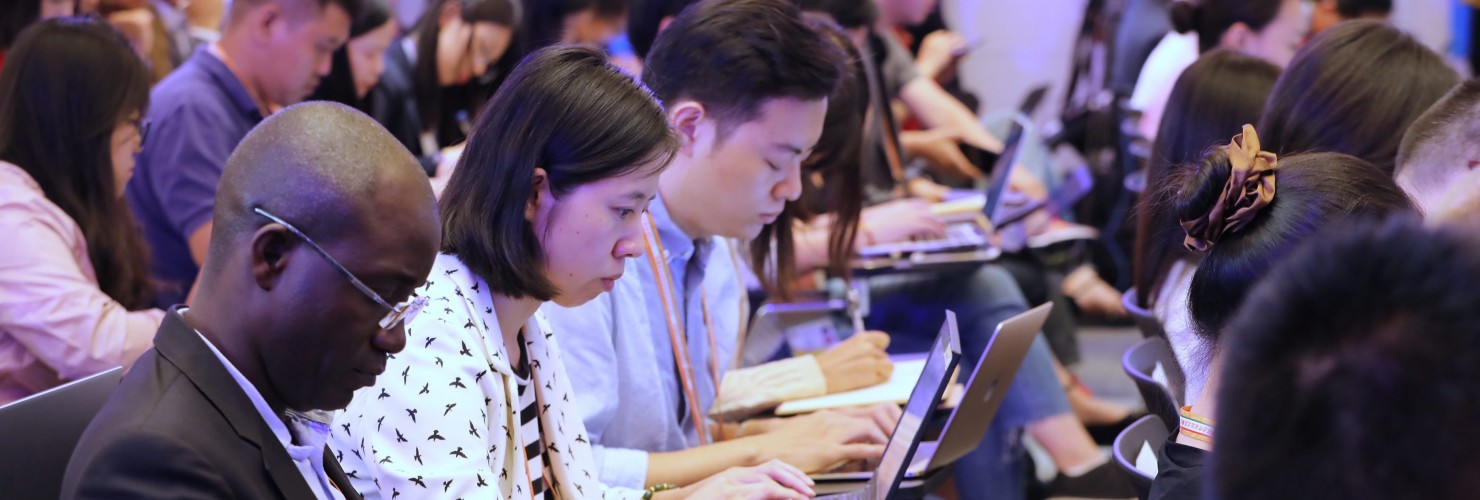

Telling China's story well – Beijing’s attempts to reign into media in Africa and Europe
Online Event organized by MERICS and Konrad Adenauer Foundation
The coronavirus pandemic has demonstrated that media in democratic countries play a critical role in knowledge and awareness building, as they serve as the principle means of communication between governments and citizens. Yet it is also during a crisis that authoritarian regimes can use the same channels of communication to influence narratives, spread disinformation and contribute to panic or social unrest in other countries.
China recognizes the value of controlling foreign media as tools to foster a positive image of the country. This is especially the case with contentious issues like territorial conflicts or human rights. Though China has been a relative novice in this area, it has been on a steady learning curve. In Europe, as well as in Africa and other regions, China tests and utilizes a broad spectrum of tools to influence media. They range from mergers and acquisitions pressuring media to avoid China-critical coverage, denying advertising to punish China-critical media, or more recently, placing advertorials to media outlets, hiring PR companies to facilitate the penetration of China’s narratives to the media, to the intimidation of critical journalists by sending them pre-litigation notices.
In Africa, there is a strong faction of journalists and editors, who are increasingly critical of Beijing’s “positive journalism”. They reject invitations for PhD studies in the People’s Republic and withstand the temptations of well-paid jobs at Chinese Media houses. But as more investments flow and more Chinese advertisement appears in media, the question arises, how constructive and critical journalism can be supported. What lessons can be learned from experiences on both continents, in Africa and Europe? Especially societies in Africa need more than ever access to qualitative and independent journalism. How can media literacy among societies be preserved and strengthened?
Our panelists were:
Ivana Karásková, founder and a project leader of MapInfluenCE and China Observers in Central and Eastern Europe (CHOICE), a China Research Fellow at the Association for International Affairs (AMO). Ivana got her PhD in international relations at Charles University in Prague, where she has been lecturing on Chinese foreign policy and EU-China relations. She is also a Czech representative of Hybrid CoE in Helsinki and a European China Policy Fellow at MERICS. Ivana focuses on conceptualization of influence, Chinese foreign and security policies, China’s presence in Central and Eastern Europe and China’s position in international global order.
Joseph Odindo, visiting lecturer at Aga Khan University Nairobi, Kenya; former Editorial Director, Nation Media Group; Standard Media Group. Odindo has been a journalist for 40 years, rising through the ranks as a reporter, sub-editor and managing editor and headed the launch of East Africa’s first regional newspaper, The East African. He has worked at senior management level in Kenya’s largest news organizations, overseeing newsroom operations, product development and realigning established titles to market changes.
Christoph Plate, Director Media Program sub-Saharan Africa of Konrad Adenauer Foundation, Johannesburg, South Africa. He was Africa correspondent in the 1990s based in Nairobi, then worked as Middle East editor for the Sunday edition of NZZ in Switzerland. KAS Media Africa brings together stakeholders in the media industry, discussing business models or the credibility crisis. Their have recently published the book "It's about their story - How China, Turkey and Russia try to influence media in Africa".
Kerstin Lohse-Friedrich, Director Communication at MERICS, moderated this event.
